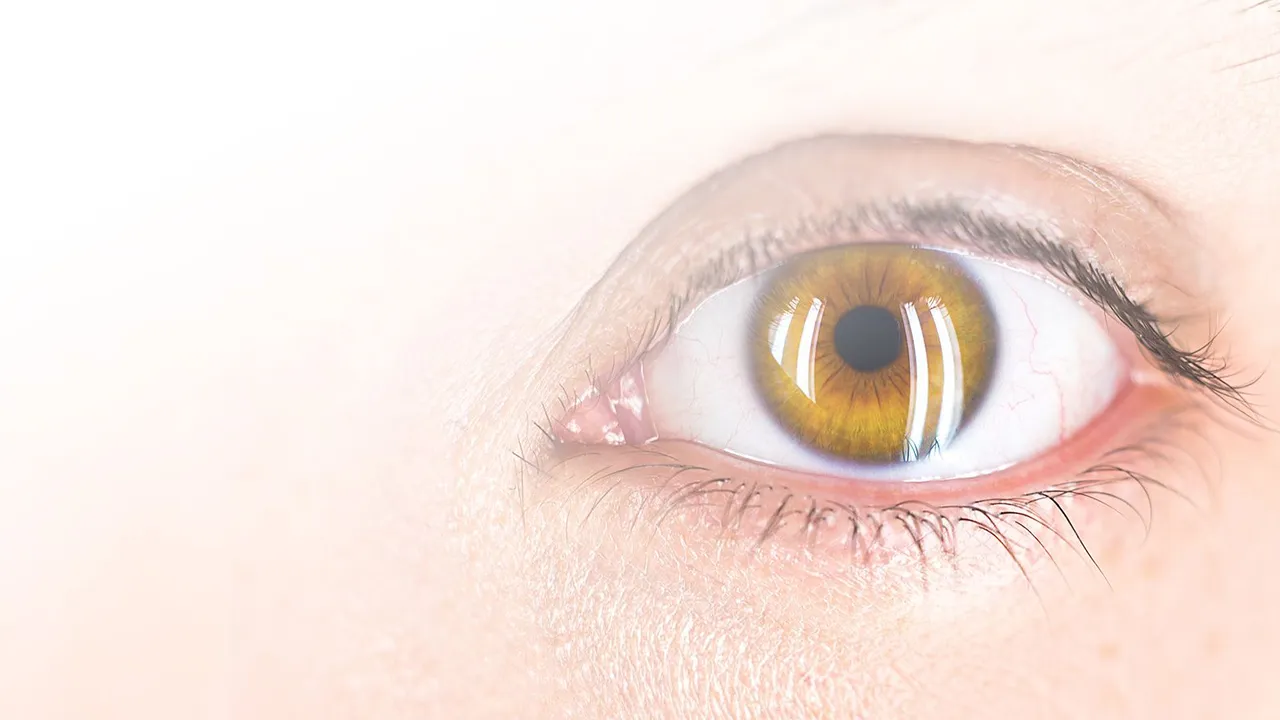Eye Health: Simple Steps to Keep Your Vision Clear
We all want eyes that work well every day, but it’s easy to ignore the small habits that protect them. Below are quick, real‑world actions you can start right now to support healthy vision.
Everyday Habits That Make a Difference
First off, give your screens a break. The 20‑20‑20 rule is a lifesaver: every 20 minutes, look at something 20 feet away for at least 20 seconds. It eases eye strain and reduces the risk of dry spots.
Next, protect your eyes from UV light. A pair of sunglasses with 100% UVA/UVB coverage isn’t just a fashion statement – it shields the retina from damage that can lead to cataracts later on.
If you smoke, quit. Smoking cuts off oxygen to eye tissues and doubles the chance of macular degeneration. Even cutting back can improve blood flow and keep cells healthy.
Nutrition & Supplements for Stronger Eyes
What you eat matters more than many realize. Leafy greens like spinach and kale supply lutein and zeaxanthin, antioxidants that filter harmful blue light. Aim for a handful of these veggies daily or consider a high‑quality supplement if fresh produce is hard to find.
Omega‑3 fatty acids found in salmon, sardines, or flaxseed oil lubricate the eye surface and help prevent dry‑eye syndrome. A serving twice a week can make a noticeable difference.
If you’re prone to age‑related issues, talk to your doctor about adding zinc or vitamin C. Both support the blood vessels that keep the retina nourished.
When it comes to medication, always verify that any eye drops or oral pills are from a reputable online pharmacy. Look for pharmacies that require a prescription and display clear licensing info – this avoids counterfeit products that could harm your eyes.
Regular eye exams remain the gold standard. An optometrist can catch early signs of glaucoma, cataracts, or diabetic retinopathy before symptoms appear. Scheduling an exam every one to two years is a small price for long‑term vision security.
Finally, stay active. Exercise improves circulation throughout the body, including the eyes. Even a brisk 30‑minute walk each day helps deliver oxygen and nutrients to delicate eye tissues.
Keeping your sight sharp doesn’t require a medical degree – just consistent, smart choices. Use these tips as a checklist, and you’ll give your eyes the support they need for years to come.

